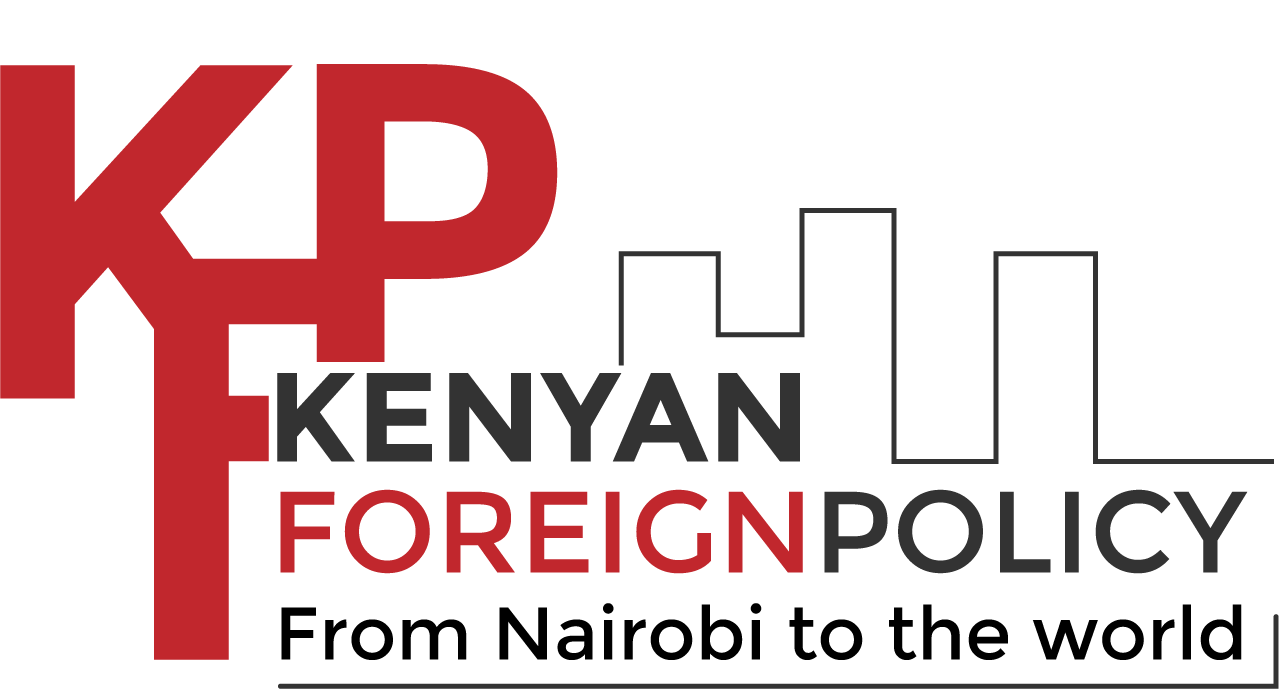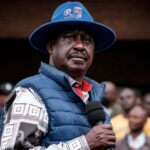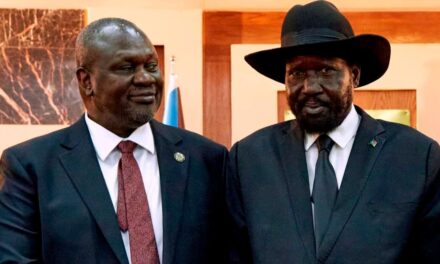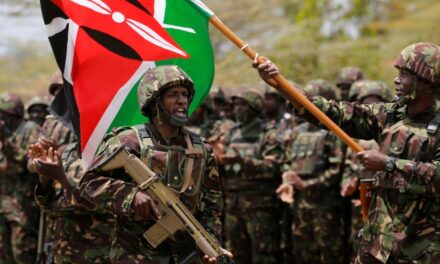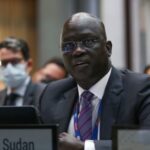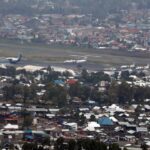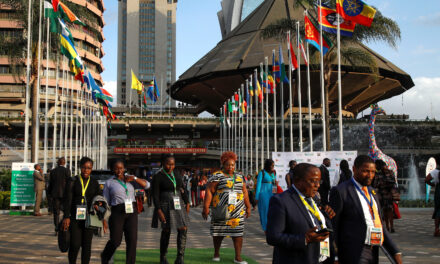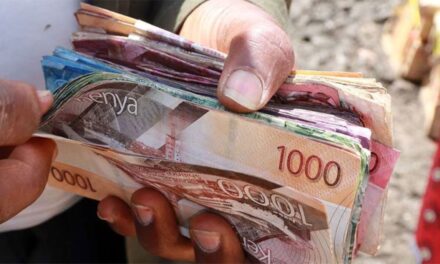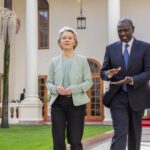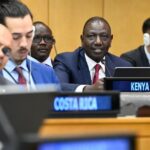

Kenya Wins UN Human Rights Council Seat Despite Serious Rights Violations
| October 10, 2024

Kenya’s bid to join the council for the 2025-2027 term faced strong opposition from civil society organizations, who highlighted the country’s documented human rights abuses in a letter dated September 27, 2024. Photo: Handout
Kenya was one of 18 members elected to the United Nations Human Rights Council on Wednesday, securing a term despite significant concerns regarding its human rights record.
The election, conducted by secret ballot, granted Kenya 181 votes at a time when the country faces widespread criticism for its crackdown on dissent, particularly in response to mass protests against President William Ruto’s administration in June, which drew international attention.
The Human Rights Council consists of 47 members, with representation distributed proportionately based on population: 13 each from Africa and the Asia-Pacific, eight from Latin America and the Caribbean, six from Eastern Europe, and seven from “Western European and other states.”
Council members are elected by a simple majority vote and can serve up to two consecutive three-year terms.
Kenya’s bid to join the council for the 2025-2027 term faced strong opposition from civil society organizations, who highlighted the country’s documented human rights abuses in a letter dated September 27, 2024.
These groups argued that Kenya’s candidacy contradicted the expectations set forth in the Council’s founding resolution (60/251, March 2006), which requires members to uphold the highest standards of human rights.
Although the Kenyan government pledged to advance and protect human rights, civil society groups argue that President Ruto’s administration has committed serious violations with little accountability.
“The Kenya police and other state institutions have been the main perpetrators of these violations and abuses,” they stated.
Among the concerns raised are extrajudicial killings, enforced disappearances, and abductions carried out by police forces.
These groups emphasized that Kenya’s policing system, inherited from colonial and post-independence regimes, has long been used to suppress dissent and protect the ruling elite rather than the public’s rights.
In addition to state-sponsored violence, civil society groups criticized the government’s disregard for court orders and its imposition of restrictive regulatory frameworks.
They also condemned the administration’s unpopular social and economic policies, such as the controversial Social Health Insurance Fund (SHIF), the flawed university funding model, burdensome taxes, unchecked public debt, and rampant corruption.
The organizations leading these protests include the Center for Memory and Development, Democracy Without Borders Kenya, Grace Agenda, Kariobangi Paralegal Trust, Kenya Human Rights Commission (KHRC), Mazingira Institute, Muslims for Human Rights (MUHURI), National Coalition for Human Rights Defenders, and Usalama Reforms Forum.
Currently, African members of the UN Human Rights Council include Algeria, Benin, Burundi, Cameroon, Côte d’Ivoire, Eritrea, Gambia, Ghana, Malawi, Morocco, Somalia, South Africa, and Sudan. Kenya aims to join this group when the terms of Benin, Cameroon, Eritrea, Gambia, and Somalia expire in December 2024.
Your support empowers us to deliver quality global journalism. Whether big or small, every contribution is valuable to our mission and readers.
